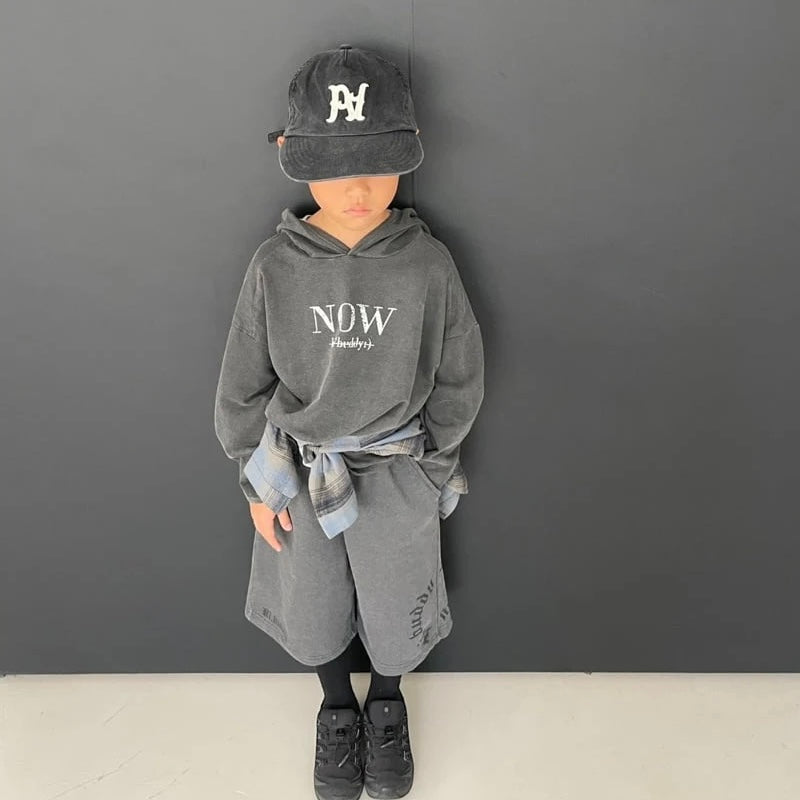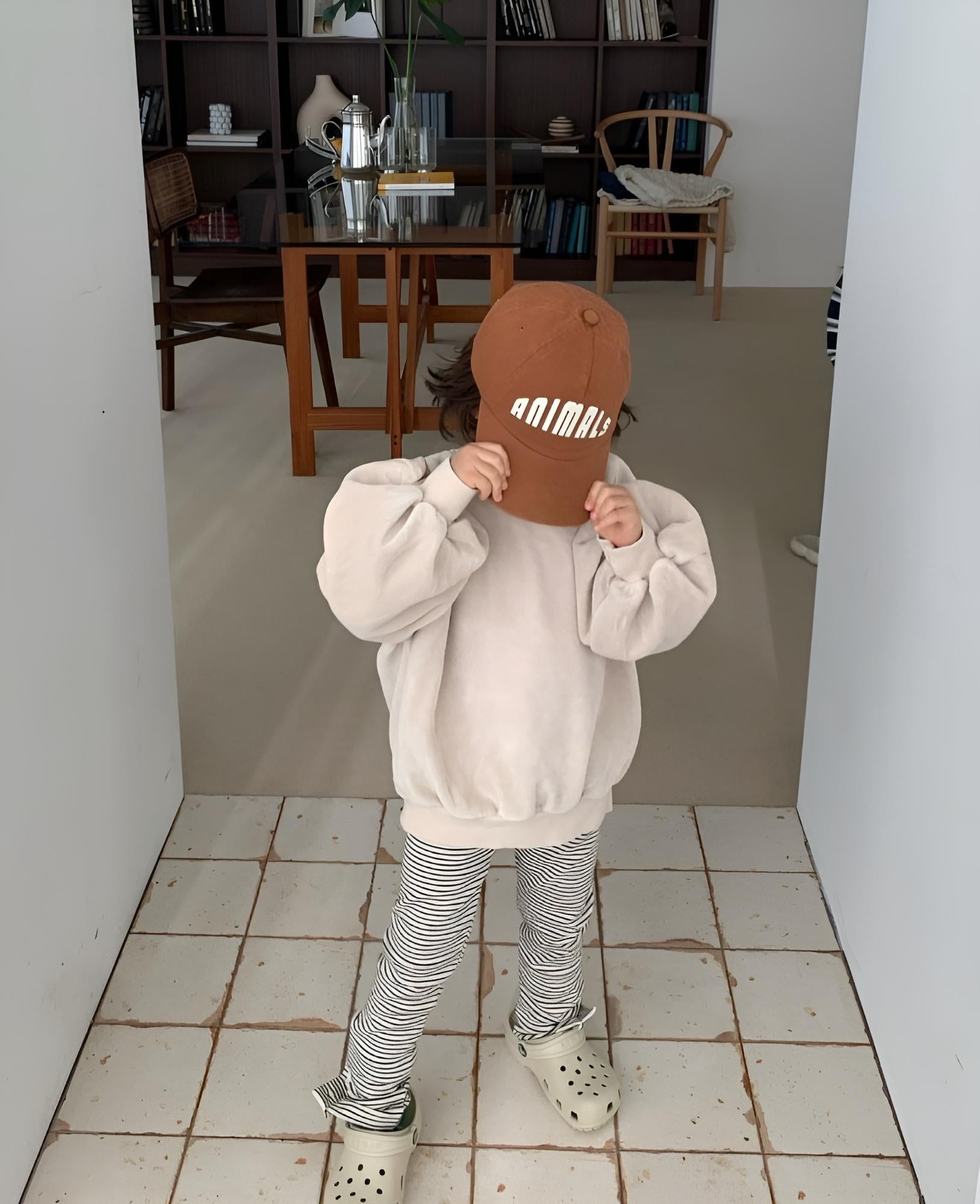𝙄𝙣 𝙙𝙚𝙣 𝙇𝙖𝙚𝙣𝙙𝙚𝙧𝙣 𝙜𝙚𝙝𝙤𝙚𝙧𝙩 𝙙𝙚𝙧 𝙙𝙚𝙧 𝙈𝙪𝙣𝙙𝙨𝙘𝙝𝙪𝙩𝙯 𝙖𝙡𝙡𝙩𝙖𝙚𝙜𝙡𝙞𝙘𝙝𝙚𝙣 𝙖𝙡𝙡𝙩𝙖𝙚𝙜𝙡𝙞𝙘𝙝𝙚𝙣
- In Japan, China, Thailand and Korea, many more people wear masks than here.
- There are also cultural reasons for this. The common good is more important than individual freedom.
- The West should rethink as soon as possible - and learn to put selfishness aside.
The corona virus has the whole world under control - but the pictures are not the same: the photos and films from South Korea, Taiwan and China show hundreds, thousands of people in Seoul, Beijing and Hong Kong with white breathing masks on their faces. The face mask is part of the street scene in many Asian cities. Masks are still rare in public life in Germany, even during the Corona crisis. This is not only due to delivery difficulties. There are deeper causes for the mask aversion.
There are also cultural reasons that ensure that breathing masks are the norm in East Asia and the exception in the West. This has something to do with the role played by the community.
For a long time, the West took notice of masks with amusement
Traditionally, the Western world views Asia's collective societies with a mixture of conceit and suspicion. In this country, people have been rather irritated to amused when Koreans or Japanese wear breathing masks in everyday life even without a medical reason. In Western culture, this was seen as an indication of an over-the-top phobia of germs, almost as a crazy complex of hypochondriac peoples. There is much more to it than that. It is about the Confucian understanding of common welfare.
The teacher and philosopher Confucius lived in China in the fifth century BC and formulated a set of rules for living together, which for hundreds of years bore the traits of a state religion in Japan, South Korea and China and has shaped the cultural mentality to this day. Diligence, loyalty and reliability belong to Confucian moral teaching, but above all the subordination of the individual to the needs of the collective.
The goal is an undisturbed individual and collective “harmony” that has its source in the moral perfection of the individual. Or in short: the common good is more important than personal ego. This results in a greater focus on the well-being of others. The principle of correct behavior in the collective has a strong influence on many Asian societies.
Should you wear a mask for others? Without any benefit? Although you (supposedly) don't need one yourself because it doesn't protect against Covid-19 anyway? So you should expose yourself to the suspicion of being somehow infectious and “toxic”, so equip yourself with a “blemish” that looks like weakness and infirmity? This is often alien to us. Added to this is the vague concern that face masks are associated with crooks. As if we had something to hide. The fear of not appearing in the best light is as deep-seated as a certain sense of grandeur over Asian collectivism. This prevents sensible decisions in the case of the Corona crisis. Many are now buying decorative masks. But only a few wear them.
𝘾𝙝𝙞𝙣𝙚𝙨𝙚𝙣 𝙩𝙧𝙖𝙜𝙚𝙣 𝙈𝙪𝙣𝙙𝙨𝙘𝙝𝙪𝙩𝙯 𝙖𝙪𝙘𝙝 𝙚𝙣 𝙎𝙢𝙤𝙜
Because in China this is not an unusual sight, in some areas it is even common.
The Chinese capital Beijing in particular is repeatedly overrun by a huge smog fog. That is why it is always recommended for tourists to wear respiratory masks when traveling to China. Apparently, the locals have already gotten used to it, because Chinese with face masks are not a rare sight.
𝙩𝙧𝙖𝙜𝙚𝙣 𝙈𝙪𝙣𝙙𝙨𝙘𝙝𝙪𝙩𝙯
However, China is far from the only Asian country where people have integrated the respiratory mask into their everyday lives. In Japan, too, the mask is simply part of it. So much so that there are even TV adverts for the masks. Because even if many Japanese wear the mask to protect against a cold or flu, some now also use it as a kind of fashion product. So it's not uncommon in Japan for some locals to walk around wearing masks made of silk or cotton to match their outfit.
The 𝙝𝙪𝙩𝙯 𝙛𝙖𝙨𝙩 𝙜𝙖𝙧 𝙣𝙞𝙘𝙝𝙩 𝙢𝙚𝙝𝙧 𝙜𝙚𝙝𝙩
Anyone who has ever been to the Thai metropolis of Bangkok or the Vietnamese city of Hanoi knows about the poor air conditions in major Asian cities. But the locals have come to terms with the smog: They simply wear respiratory masks.
Corona puts western principles to the test
Corona requires a willingness to very clearly and noticeably restrict many of the principles that seem so important in the western world - civil liberties, individual pursuit of happiness, primacy of the economy, balanced cost-benefit calculation - for a while. This is so difficult for us that we prefer to spend weeks discussing exactly what China is doing right or not in the fight against the virus, instead of doing it ourselves straight away.


